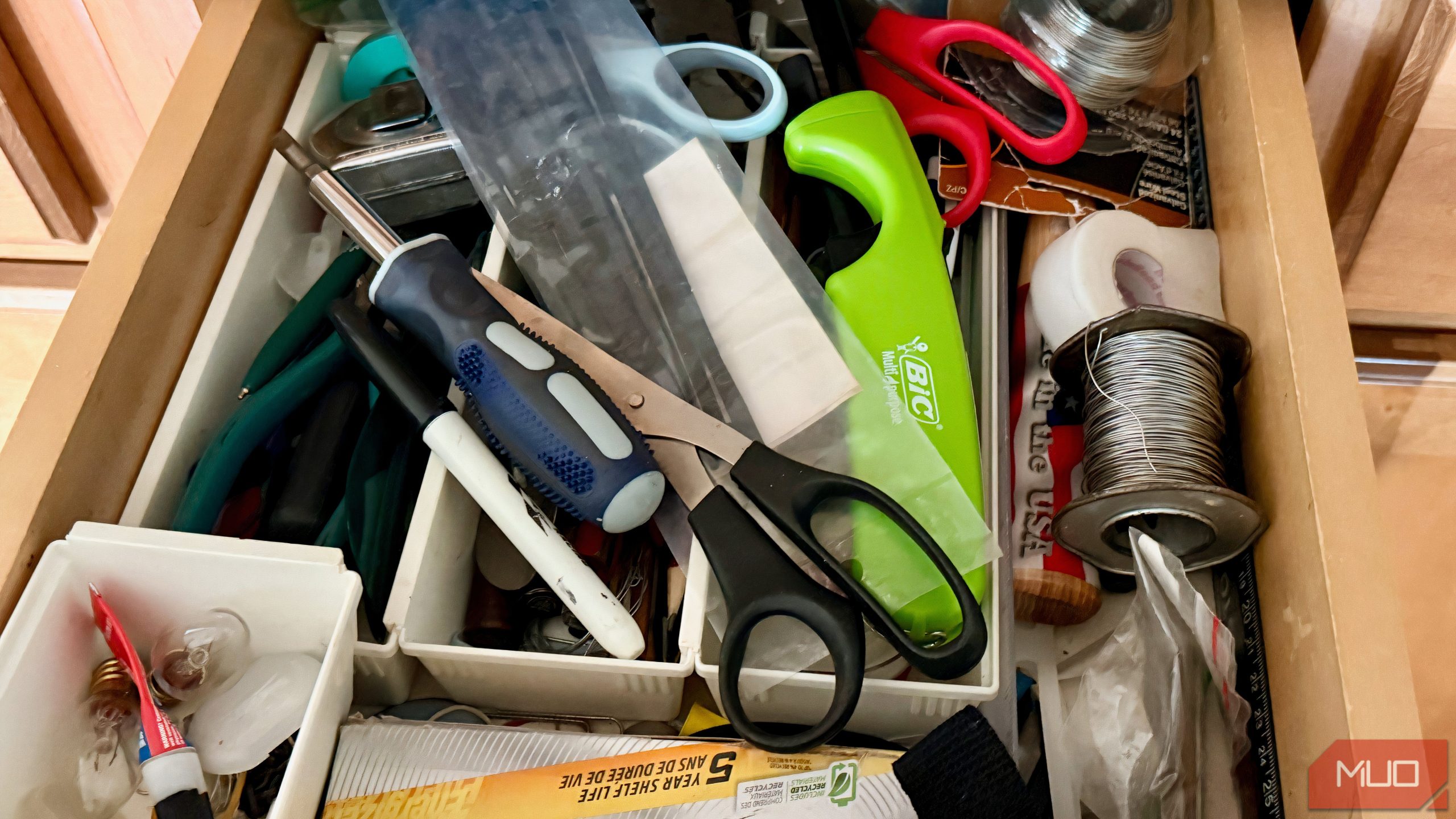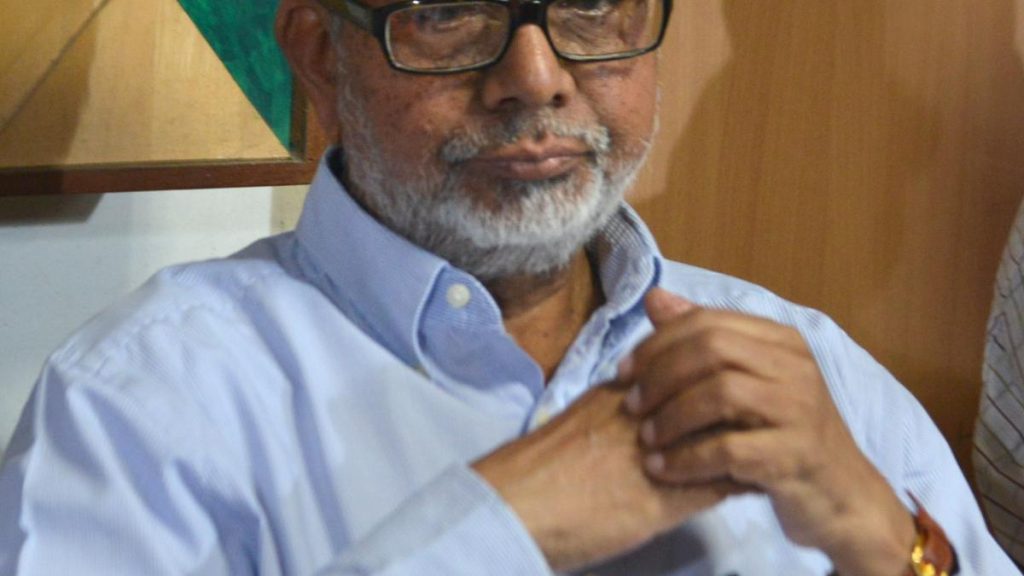Now Reading: Why I Ditched the Junk Drawer-and What Works Better
-
01
Why I Ditched the Junk Drawer-and What Works Better
Why I Ditched the Junk Drawer-and What Works Better

Quick Summary
- The article explores strategies for replacing a disorganized junk drawer with organized alternatives.
- Items like tools, batteries, adn pens were reorganized into separate dedicated locations.
- Dedicated tool drawer: Includes tools such as screwdrivers, Allen wrenches, measuring tape, rulers, pocket knives, nail clippers, screws/nails. Tools are now arranged neatly in a living room table drawer.
- Battery station: Batteries (AA, AAA, 9V) are sorted into small containers to avoid mix-ups with old batteries. Old batteries are recycled separately from new ones. Portable chargers and functional cables/plugs were added after discarding outdated/frayed ones.
- Pen and stationery location: An effort was made to gather pens from random places around the home into one designated area. Functioning pens were consolidated for easy access while discarded broken ones.
Images included:
1) Organized tool drawer (View Image).
2) Battery station (View Image).
Indian Opinion Analysis
While the article focuses on household organization strategies suitable globally rather than India-specific challenges directly-its relevance can extend to Indian households prone to clutter due to their typical preference for multi-functional spaces and varied needs within large family setups.
Adopting clear organizational methods could positively influence daily efficiency not just at homes but potentially within India’s urban office settings plagued by space limitations or chaotic desks/material storage culture associated frequently enough ironically over manual busy habits making defunct..
By practicing management lessons applied home setup optimizationPotential industrial worker groups transition replace/reduce renting/shared labor productivity gains cut broader modernizing appendix direct templates future scenarios broader approaches
Quick Summary
- Pens and pencils are now stored in a decorative ceramic cup near a paper drawer,which holds stationery items like sticky notes,paper clips,rubber bands,stamps,and envelopes.
- Coins are sorted into two ceramic bowls in the kitchen cabinet: one for smaller denominations (pennies) and another for larger coins.
- A new key hook has been installed in the kitchen for organized storage of car and house keys. Less frequently used items are kept nearby in a separate bowl.
- A designated charging station for devices such as iPhones, iPads, smartwatches, earbuds, and headphones has been set up in the living room to avoid misplacing cables.
- First-aid kits were added under bathroom sinks alongside flashlights with fresh batteries. Candles and lighters are stored there too-advisably positioned higher if there are small children at home.
- Decluttering efforts eliminated the junk drawer entirely while enhancing household efficiency.
Indian Opinion Analysis
the shift to an organized system illustrates an easily replicable practice that resonates globally with a focus on tackling clutter effectively. For many Indian households often reliant on undefined storage spaces or “junk drawers,” adopting similar methods could result in greater efficiency amidst busy lifestyles. Particularly relevant is how practical solutions like first-aid kits or dedicated charging areas address safety concerns while saving time-a crucial factor given urban India’s fast-paced habitat.
However intuitive this idea might appear culturally-it ties neatly into older traditions where segregated storages like coin banks or hooks already exist-modern adaptations remain necessary as homes incorporate ever-more technology-dependent habits requiring structured setups (like chargers). The success highlighted here suggests India’s growing interest might embrace sustainability beyond domestic settings long-term through conscious organization trends aiding both mental well-being usability advocacy alike!
























